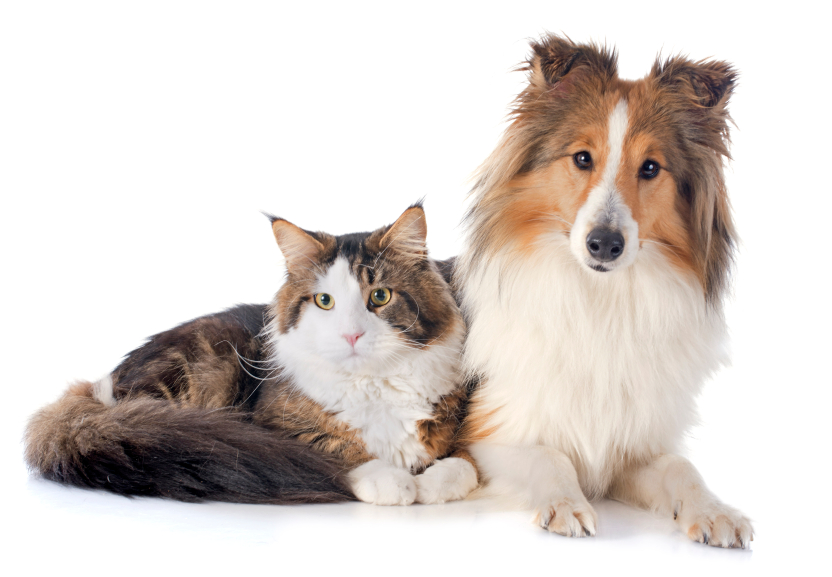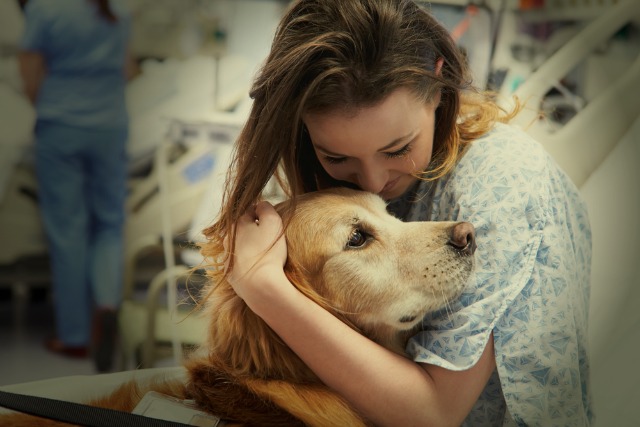Definition
Diabetes mellitus is a condition in which a dog or a cat has a high blood sugar (glucose) level as a result of the body either not producing enough insulin, or because body cells do not properly respond to the insulin that is produced. Insulin is a hormone produced in the pancreas which absorbs glucose, and turns it into energy. If the body cells do not absorb the glucose, the glucose accumulates in the blood (hyperglycemia), leading to various potential medical complications.
This disease, more common in dogs than cats, is classified in to 2 types. Diabetes Type 1 is known as insulin dependant diabetes, while Type 2 is non-insulin dependant. Most cats are diagnosed further along in the diabetes and are insulin dependant by that time.
Symptoms
The first obvious symptoms are a sudden weight loss or gain, accompanied by excessive drinking and urination. Appatite may become scarce or overwhelming. Lethargy and wobbly/unsteady gait may be noticable and usually happens gradually over the weeks, as opposed to an acute onset. A blood test will deterine the glucose levels in the blood to see if they are acurate, and a urine test will determine if there is glucose present in the urine, diagnosing the diabetes mellitus.
Treatment
Diet is a very important part of treatment, and if the disease has not progressed to a serious state, the diabetes can be treated in some cases, through diet only. Low carbohydrate diets proved to evoke remission in some diabetic cats. The rationale is that a low carbohydrate diet reduces the amount of insulin needed and keeps the variation in blood sugar low and easier to predict. Also, fats and proteins are, in dogs and perhaps cats, turned into blood glucose much more slowly and evenly than carbohydrates, reducing blood-sugar highs right after mealtimes.
Oral medications can be given, but there are side effects on the liver and other complications that tend to make this alternative non-ideal for pet owners with a newly diagnosed pet. Many owners are also more comfortable with injections.
Insulin injections are given to animals who’s pancreas is not able produce insulin. Cats and dogs may be treated with animal insulins, or synthetic human insulins. The specific insulin brand and type depends independantly on how the animal reacts to it and usually depends on experimentation. A veterinarian with years experience will already have a pretty good idea, through experience, what type to use.
Without the proper treatment of diabetes, a serious condition called neuropathy (a disease condition of the nerves) can happen. Because the body’s cells are completely derived of glucose and causes cell starvation. Neuropathy often heals within 1-3 months, once blood sugar is regulated. Weakness in the legs and fatigue after only small amounts of exercise are conditions seen as well.
Hypoglycemia is another condition that is directly associated with diabetes mellitus.
Questions commonly asked
Tell me more about a ‘Hypoglycemic episode’.
An acute hypoglycemic (very low blood sugar) episode can happen in insulin dependant patients, even if blood glucose is monitored regularly and carefully. The symptoms of this episode are depression/lethargic behaviours, confusion and/or dizziness, loss of bladder control, vomiting. Loss of consciousness, seizures and death are the last and obviously worst stages of hypoglycemia that can occur. If a pet owner notices any of these symptoms they are to check the blood sugar (if the pet is in early stages), and check that blood sugar is within normal ranges. If ranges are just outside normal, giving the animal some food or treats can help to re-regulate. If blood sugar is seriously low, honey or corn syrup should be rubbed on the animals gums to keep the blood sugar up until assistance by a veterinarian is seeked. Every minute the brain is deprived of blood sugar caused irreversable damage.
Prognosis
Diabetes is rarely reversible in dogs, but diabetic cats will sometimes regain the ability to produce their own insulin. Cats that developed diabetes after receiving long term glucocorticoids or hormones are more likely to stop needing insulin after a while compared to cats that developed diabetes without a known cause.
You should have your diabetic pet evaluated by a veterinarian at 2-4 month intervals or anytime another health problem develops. The development of other health problems will often interfere with insulin regulation.



